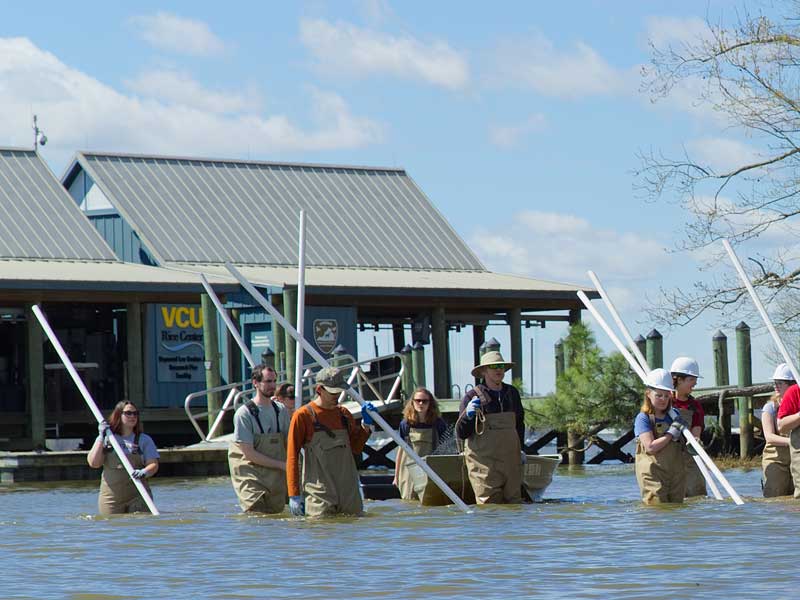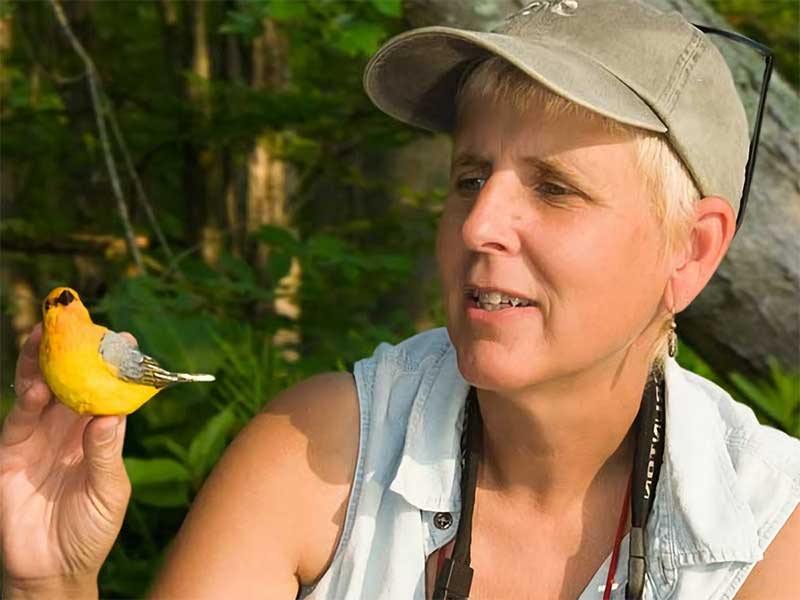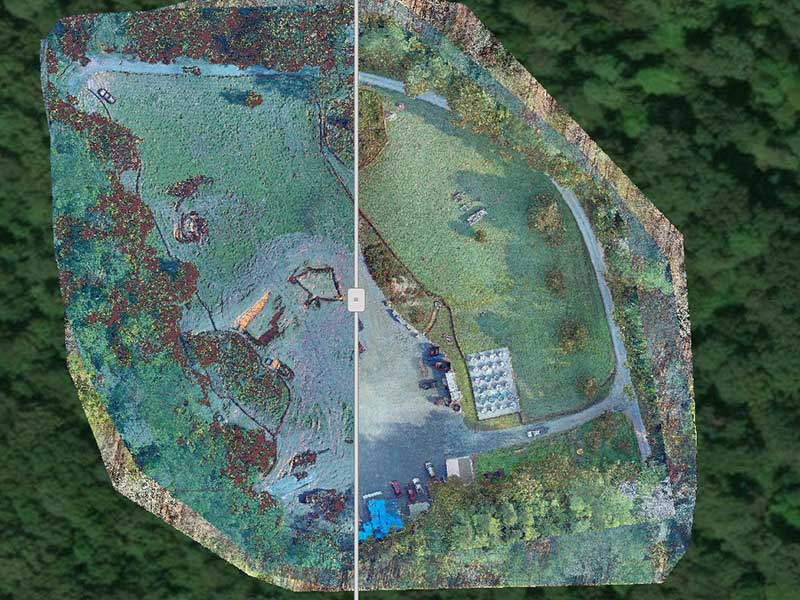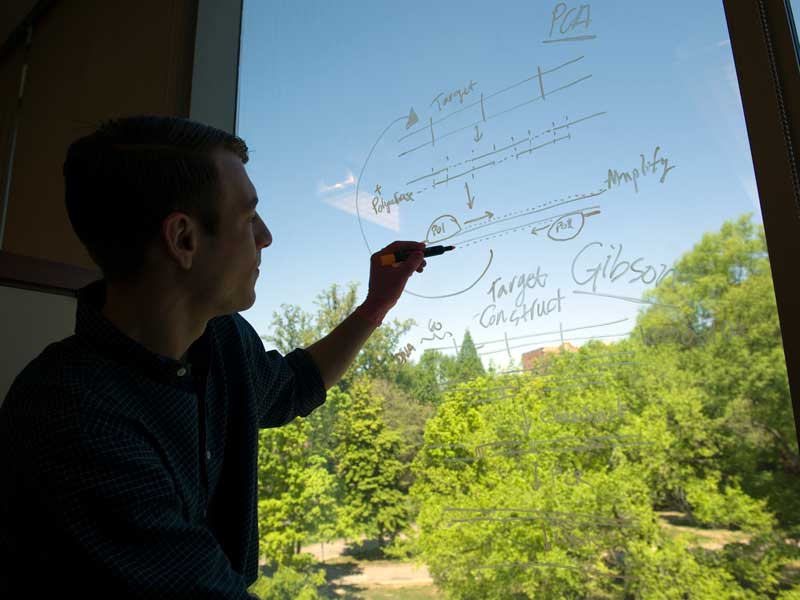Research
VCU Life Sciences is committed to integrative, collaborative research. Our integrative life sciences doctoral program has matriculated more than 140 students in 17 years, placing them in 18 different departments across the entire university.
Restoration
Marsh, tidewater, river and forest studies are relevant to restoration in the face of climate change. The student chapter of the Society for Ecological Restoration is one of only four nationally and reflects students’ commitment to this research. Both imperiled (sturgeon, shad, oyster) and invasive species (catfish) are investigated; this work meshes well with our Certificate in Sustainable Innovation.


Conservation
Conservation of wetlands as well as threatened species such as bald eagles, prothonotary warblers and spiny mussels are analyzed.
Geospatial
Geospatial landscape ecology and genetic structure is another strength and utilizes cutting-edge population genetics tools and unmanned aerial vehicle (UAV) mapping. Geospatial data visualization is a central aspect of this strength.


Informatics
Genomics research that is relevant to human disease or conservation biology already has links to the School of Medicine and human health. Using modeling approaches, networks of proteins and genes can be mapped and changes modeled using high performance computing. Applications that benefit include neurobiology, infectious disease and climate change/sea level rise.